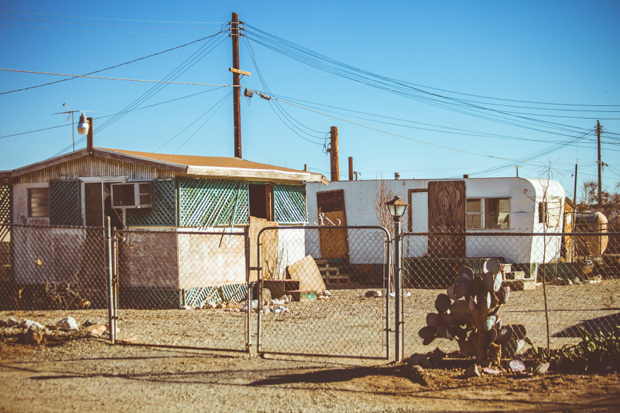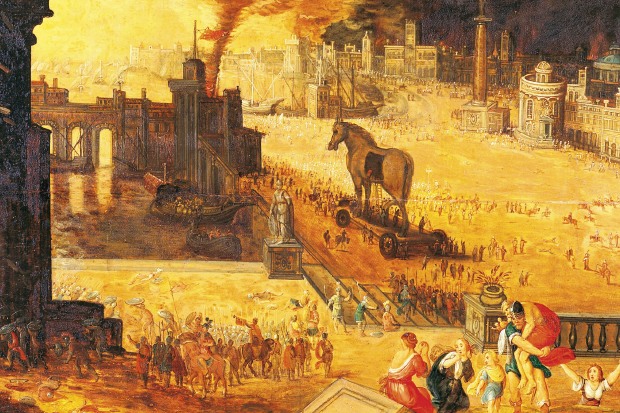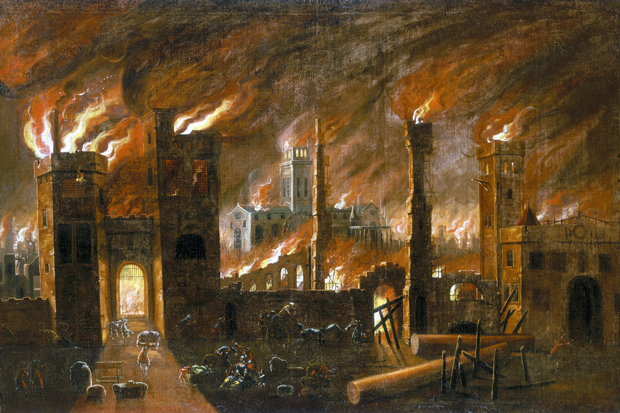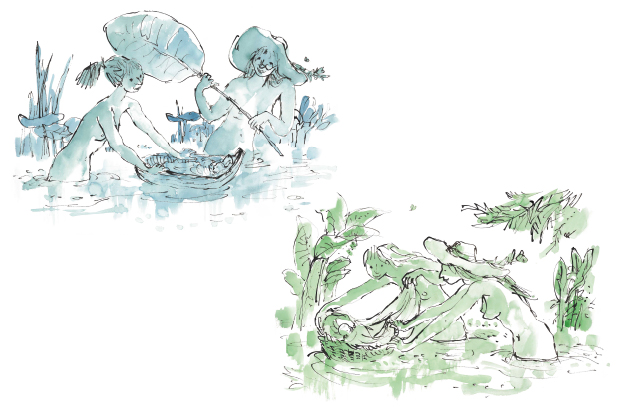This is a very upsetting book. The Harvard sociologist Matthew Desmond spent a year and a half living in low-income housing in Milwaukee — first in a trailer park on the mostly white South Side and later in a rooming house in the black inner city. Desmond himself plays no part in the body of the story, but he reports what he saw and heard, using a digital recorder and filling in the rest with double-sourced eyewitness accounts and official documents.
Already a subscriber? Log in
Subscribe for just $2 a week
Try a month of The Spectator Australia absolutely free and without commitment. Not only that but – if you choose to continue – you’ll pay just $2 a week for your first year.
- Unlimited access to spectator.com.au and app
- The weekly edition on the Spectator Australia app
- Spectator podcasts and newsletters
- Full access to spectator.co.uk
Unlock this article
Available from the Spectator Bookshop, £20 Tel: 08430 600033. Benjamin Markovits is a former professional basketball player and the author of The Syme Papers and You Don’t Have to Live Like This.
You might disagree with half of it, but you’ll enjoy reading all of it. Try your first month for free, then just $2 a week for the remainder of your first year.














Comments
Don't miss out
Join the conversation with other Spectator Australia readers. Subscribe to leave a comment.
SUBSCRIBEAlready a subscriber? Log in